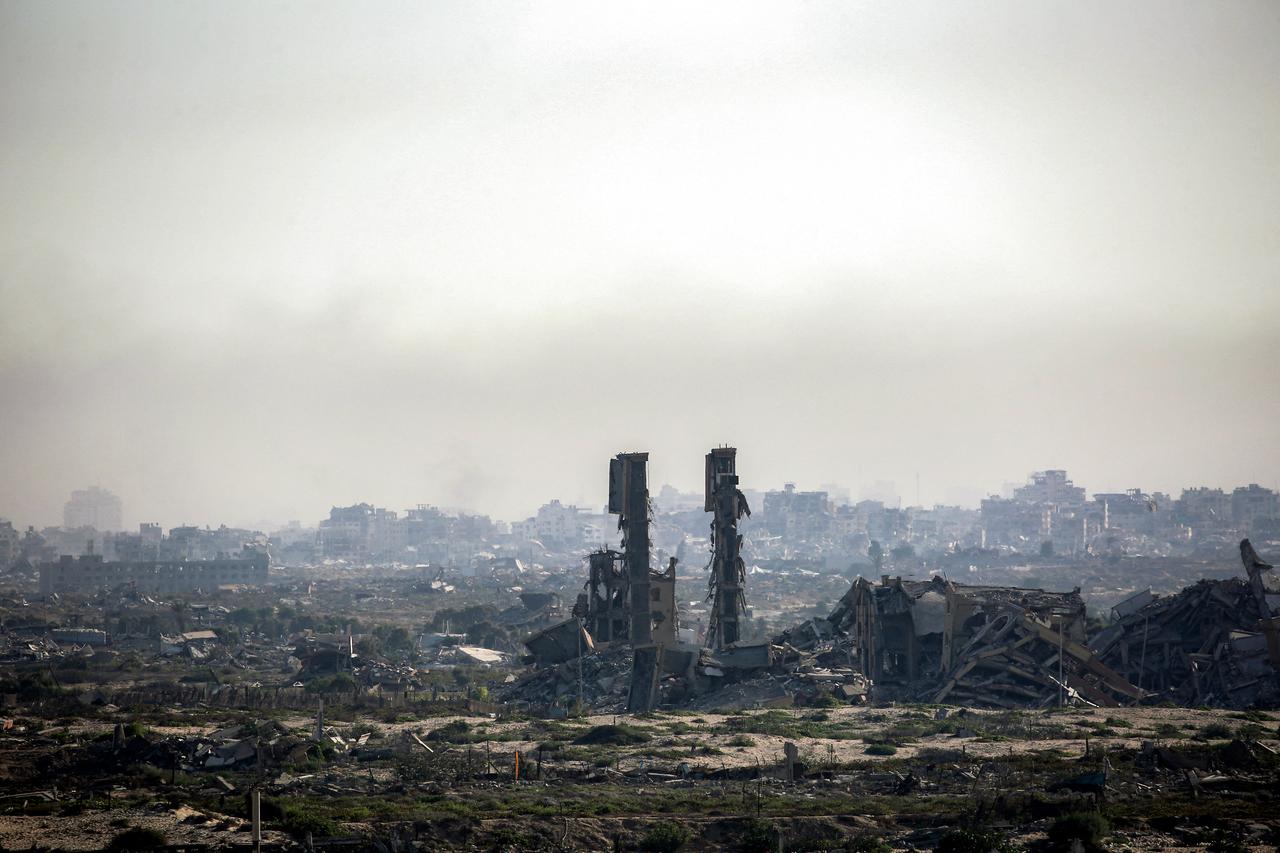
Israeli Prime Minister Benjamin Netanyahu is facing significant pressure from senior officials and his inner circle to return to prisoner exchange negotiations with Hamas before launching ground attacks on Gaza, according to Israeli media reports.
Channel 13 television reported Sunday, citing sources close to Netanyahu, that senior Israeli officials are warning the prime minister that "if the army enters Gaza with ground forces, there will be no party left to negotiate with."
The sources described Netanyahu's current stance as a "surprising development," noting that he has now rejected a plan he previously approved and appears determined to proceed with ground operations in Gaza.

Hamas accepted a proposal presented by Egypt and Qatar on August 18 regarding a ceasefire and prisoner exchange in Gaza, but Israel has not yet responded to the offer.
Hamas announced it had accepted the Egyptian and Qatari proposal along with other Palestinian groups.
Opposition parties and families of Israeli prisoners have accused Netanyahu of sabotaging negotiations with Hamas due to his insistence on remaining in power and refusing to dissolve his coalition.
Hamas has repeatedly stated it is "ready to release Israeli prisoners collectively in exchange for ending the war, withdrawal of Israeli forces from the Gaza Strip, and the release of Palestinian prisoners."
The Tel Aviv administration estimates there are 50 Israeli prisoners in Gaza, with 20 believed to be alive.

The Israeli Security Cabinet approved a plan on August 8 to occupy Gaza City in the northern part of the territory. In an interview before the cabinet meeting, Netanyahu said they aimed to occupy the entire Gaza Strip.
Israeli media reports indicated the army received orders to occupy the rest of Gaza, though implementation is not expected before September.
According to the plan, approximately one million Palestinians would first be moved south, the city would be besieged, and then occupied after intense attacks. The second phase envisions occupying refugee camps in central Gaza, which have been largely reduced to rubble.
Israel occupied the Gaza Strip for 38 years from 1967 to 2005. Today, Gaza, home to approximately 2.3 million Palestinians, has been under a severe blockade for 18 years.
In a separate development, Netanyahu reportedly told his security cabinet that a partial prisoner exchange agreement with Hamas was "not on their agenda," effectively closing the door on negotiations that Hamas had indicated it would accept.
During the cabinet meeting, far-right National Security Minister Itamar Ben-Gvir reportedly demanded a vote on a proposal opposing the partial prisoner exchange agreement. Netanyahu responded that such a vote was unnecessary, stating that reaching a partial prisoner exchange agreement with Hamas was "not on their agenda."
The cabinet meeting primarily focused on plans to occupy Gaza City and responses to steps by France and other countries to recognize Palestine. The Israeli army presented its plans for occupying Gaza City to the cabinet.
The meeting also discussed potential retaliation options against countries recognizing Palestine, including annexation of the occupied West Bank and imposing sanctions on the Palestinian Authority.